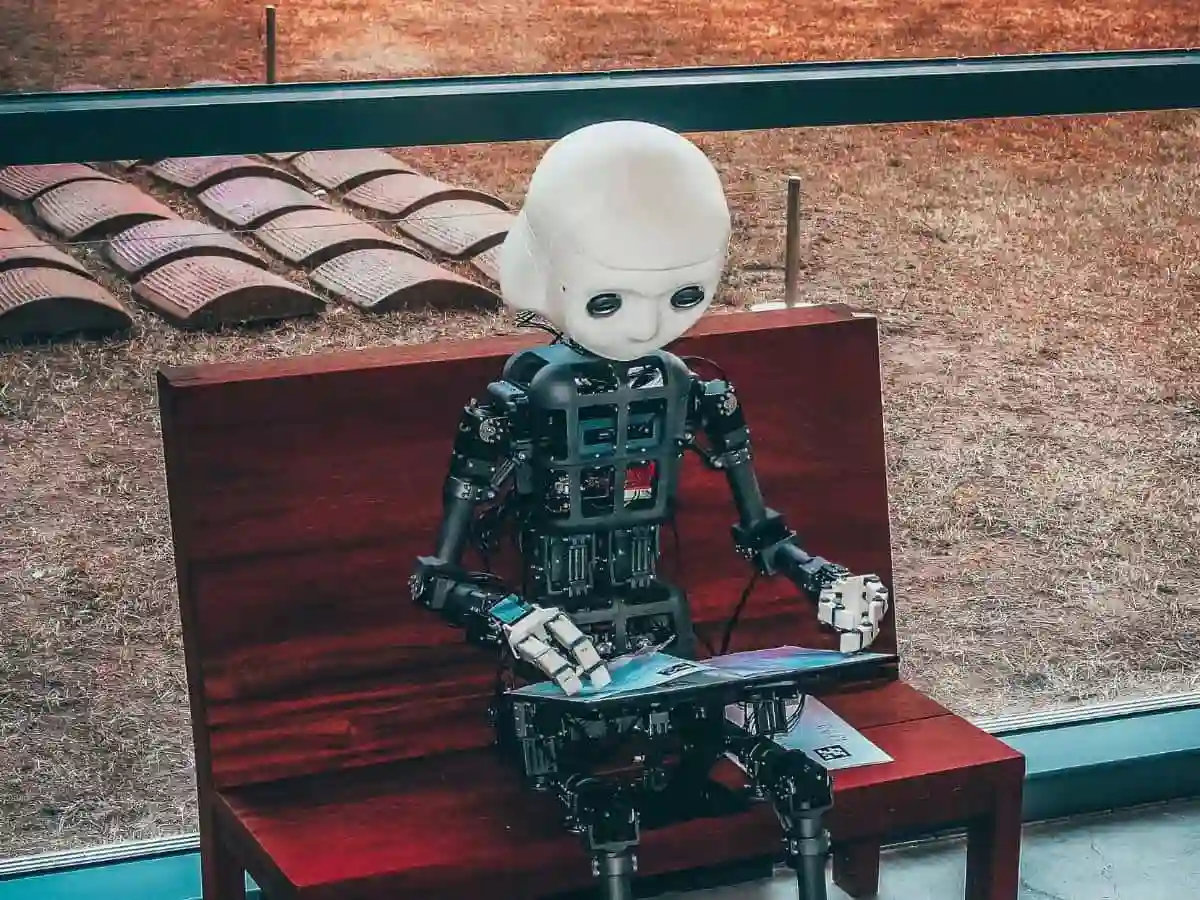Introduction
The Best Definition of Artificial Intelligence: Artificial Intelligence (AI) has become a buzzword in today’s technology-driven world. It refers to the simulation of human intelligence in machines that are programmed to think, learn, and problem-solve like humans. AI has the potential to revolutionize various industries and reshape the way we live and work.
What is Artificial Intelligence?
Artificial Intelligence can be defined as the ability of a machine to imitate intelligent human behavior. It involves the development of computer systems that can perform tasks that would typically require human intelligence, such as visual perception, speech recognition, decision-making, and language translation.
The Best Definition of Artificial Intelligence
While there are several definitions of AI, the best one can be summarized as follows:
Artificial Intelligence is the field of computer science that focuses on creating intelligent machines capable of performing tasks that typically require human intelligence.
This definition encompasses the core concept of AI, which is to replicate human intelligence in machines.
Types of Artificial Intelligence
AI can be categorized into two main types:
- Narrow AI: Also known as weak AI, narrow AI is designed to perform specific tasks within a limited domain. Examples include voice assistants like Siri and Alexa, chatbots, and recommendation systems.
- General AI: Also referred to as strong AI, general AI aims to possess the same level of intelligence as humans. It can understand, learn, and apply knowledge across various domains.
The Impact of Artificial Intelligence
AI has the potential to revolutionize numerous industries, including healthcare, finance, transportation, and manufacturing. Here are some areas where AI is making a significant impact:
- Healthcare: AI-powered systems can analyze medical data, assist in diagnosing diseases, and develop personalized treatment plans.
- Finance: AI algorithms are used for fraud detection, risk assessment, and algorithmic trading.
- Transportation: Self-driving cars and intelligent traffic management systems are examples of AI applications in the transportation sector.
- Manufacturing: AI-powered robots and automation systems are improving efficiency and productivity in manufacturing processes.
Frequently Asked Questions (FAQs)
1. Is AI a threat to human jobs?
No, AI is not a threat to human jobs. While AI may automate certain tasks, it also creates new job opportunities and enhances human productivity.
2. Can AI replace human intelligence?
No, AI cannot replace human intelligence. It can only simulate and replicate certain aspects of human intelligence.
3. Are there any ethical concerns regarding AI?
Yes, there are ethical concerns regarding AI, such as privacy, bias, and accountability. It is crucial to develop AI systems that are fair, transparent, and aligned with human values.
Conclusion
Artificial Intelligence is a rapidly evolving field with immense potential. The best definition of AI encompasses the idea of creating intelligent machines that can perform tasks requiring human intelligence. As AI continues to advance, it is essential to address ethical concerns and ensure that it benefits society as a whole.
